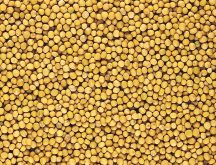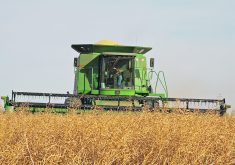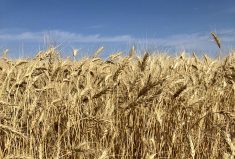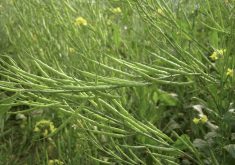CNS Canada — Freezing temperatures at the end of May took a toll on Saskatchewan’s mustard crops, industry specialists say.
Walter Dyck, seed division manager for Olds Products, said many growers have reduced acreage this year.
“We had early seeding, but the frost — not just one frost, but many frosts had an impact this year on mustard,” he said.
Growers who experienced significant losses seeded barley, as it was too late and too dry to reseed mustard.
Richard Marleau, chair of the Saskatchewan Mustard Development Commission, said growers with straw on their crops had fewer issues with frost.
Read Also
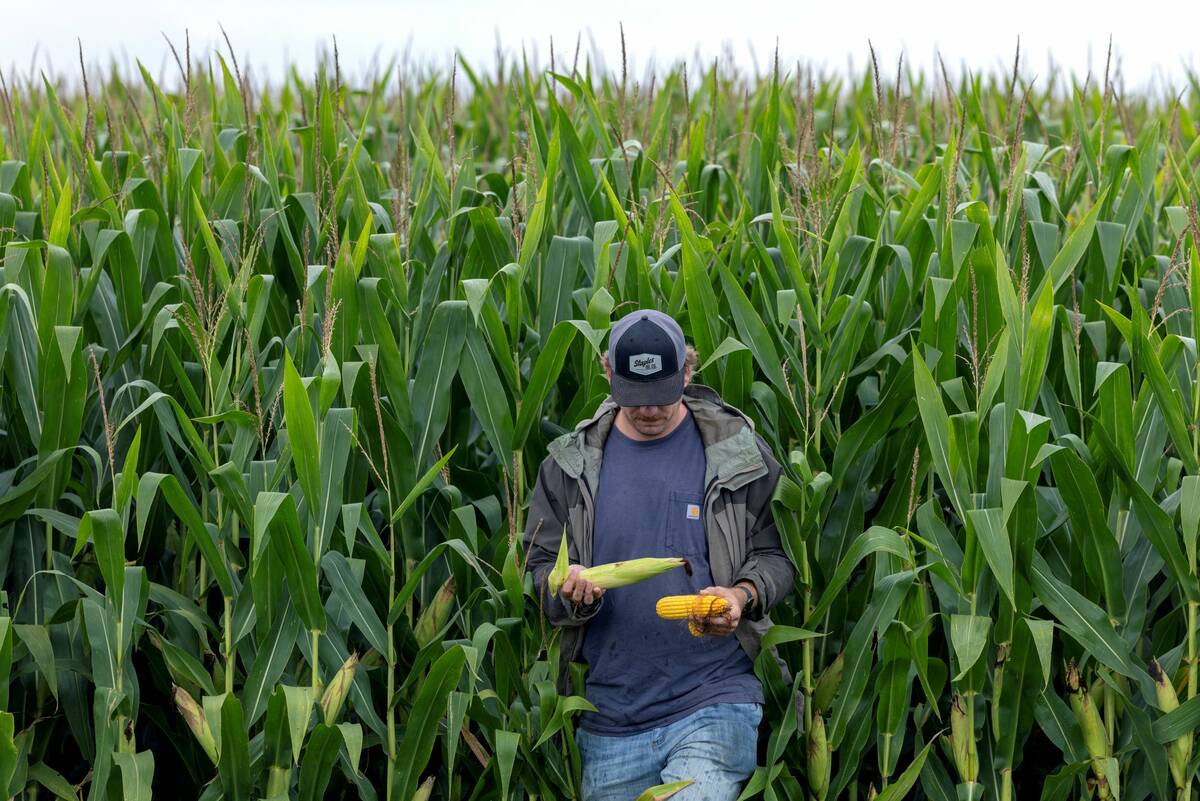
The U.S. corn crop could be the biggest ever. That’s terrible news for America’s farmers.
The USDA predicts a record corn crop for U.S. farmers, who question the agency’s accuracy amidst high debt and low crop prices.
“I think they’ll usually fare better because the soil stays warmer, doesn’t cool off as much in those areas,” he said.
Canada doesn’t have a lot of carryover in mustard, and combined with this year’s lower production, mustard prices should move up, Dyck said.
However, he said, prices heavily depend on Europe, which produces its own mustard in eastern areas.
“They don’t always have a need to buy seeds in quantity from Canada,” said Dyck.
But if Europe experienced lower production, mustard prices would move higher.
Neither Dyck nor Marleau see Saskatchewan’s dryness as a pressing issue for mustard crops at this point.
“I think producers are really quite resilient with regards to the dry conditions, it’s just a matter of getting a shower or getting something,” Dyck said.
Marleau, who lives at Saskatoon but farms at Aneroid, Sask., southeast of Swift Current, has already seen some rain on his crops.
That area of southwestern Saskatchewan “has been fortunate enough to get a rain, got some reserve moisture,” he said. “Crops are looking not too bad.”
— Jade Markus writes for Commodity News Service Canada, a Winnipeg company specializing in grain and commodity market reporting.




